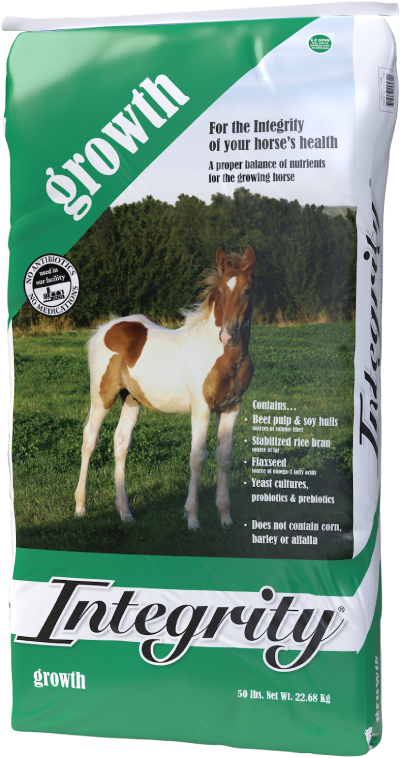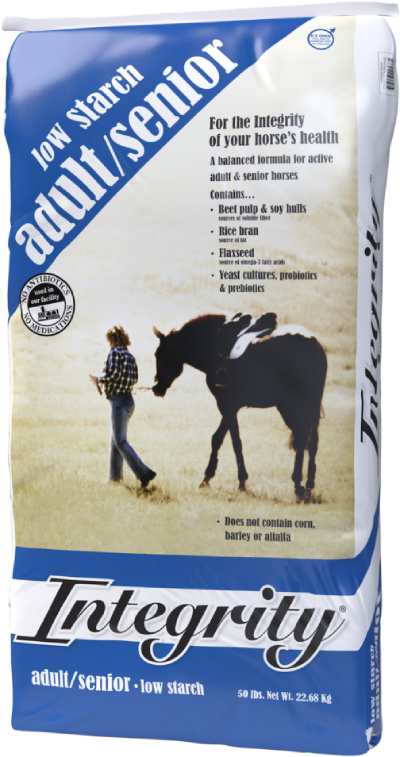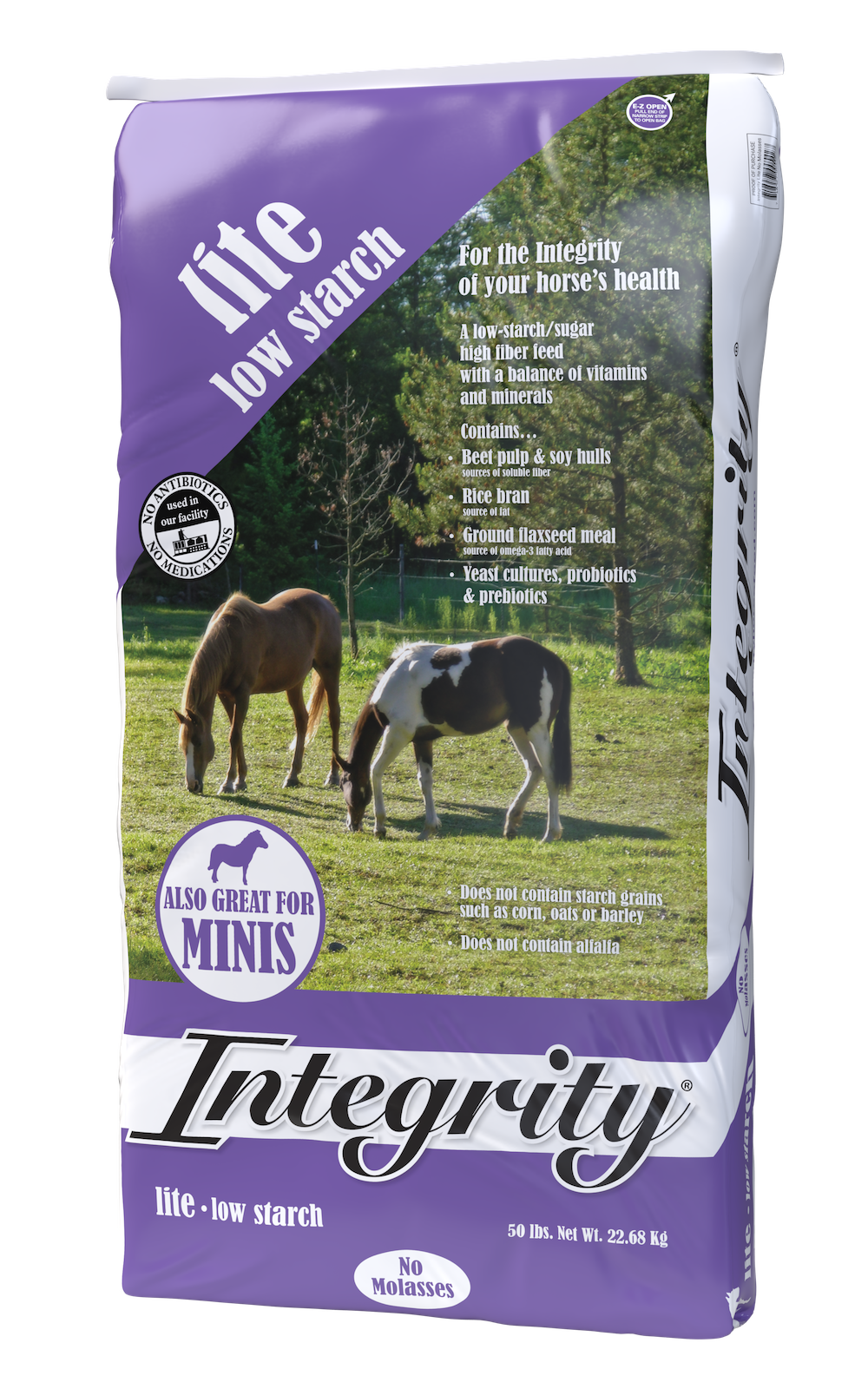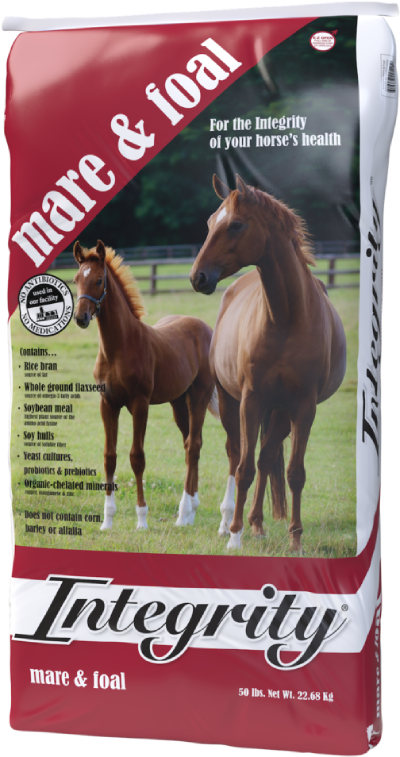The Risks Of Excess Protein
Most active adult horses do not need a feed with more than 14% protein.
Balanced diets require a relationship of nutrients to nutrients and nutrients to energy. A formula that is concentrated with excess nutrients, such as protein, is not balanced. A “one feed fits all” approach is also not balanced. Always select a horse feed that is specific to a life or work level (Mare & Foal, Performance, Senior, etc.).
Excess dietary protein can…
- Trigger weight gain
- Increase blood sugar
- Have an adverse effect on performance
- Overwork the kidneys and liver
- Reduce efficiency of protein digested with bolus feeding of protein
- Adversely affect microbial population in the gut
- Translate to more calories fed
- Have a detrimental effect on growth and possible increase occurrence of growth disorders
- Lead to subclinical dehydration
- Interfere with other nutrient utilization and absorption, such as calcium
- Metabolically shift energy utilization to cellular breakdown of excess protein
- Increase wasted energy given off as heat
- Adversely affect the protein to calorie ratio
Protein daily requirements of adult horses range from 0.5 to 1.4 grams per pound of body weight. A pleasure horse has different nutrient requirements than a working horse, growing horse different than young adult horse, pregnant mare different than lactating mare, and so on.
A “one feed fits all” approach is also not balanced. A pleasure horse has different nutrient requirements than a working horse, a growing horse is different than a senior horse, and so on. Always select a horse feed that is specific to a life or work level (Mare & Foal, Performance, Senior, etc.).







